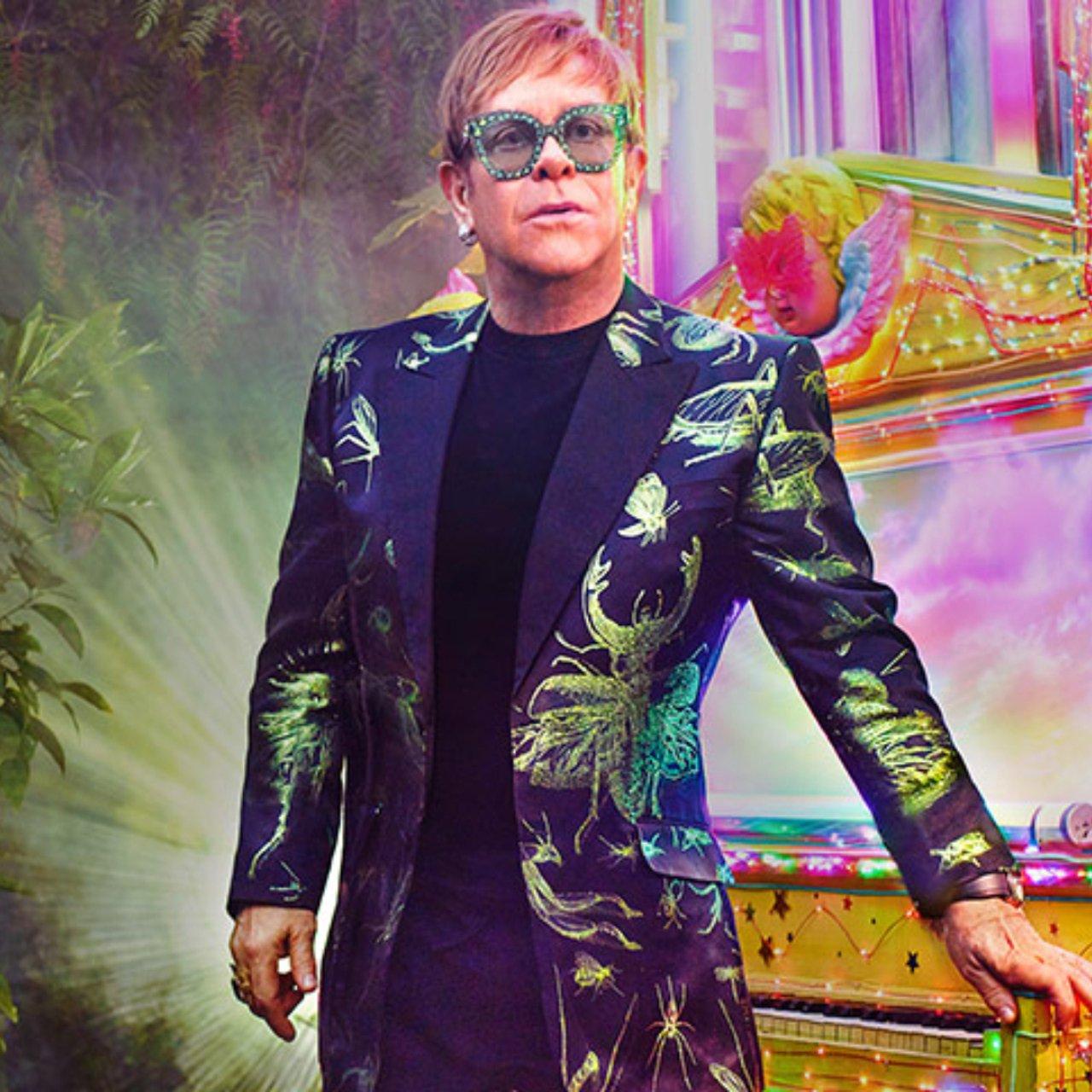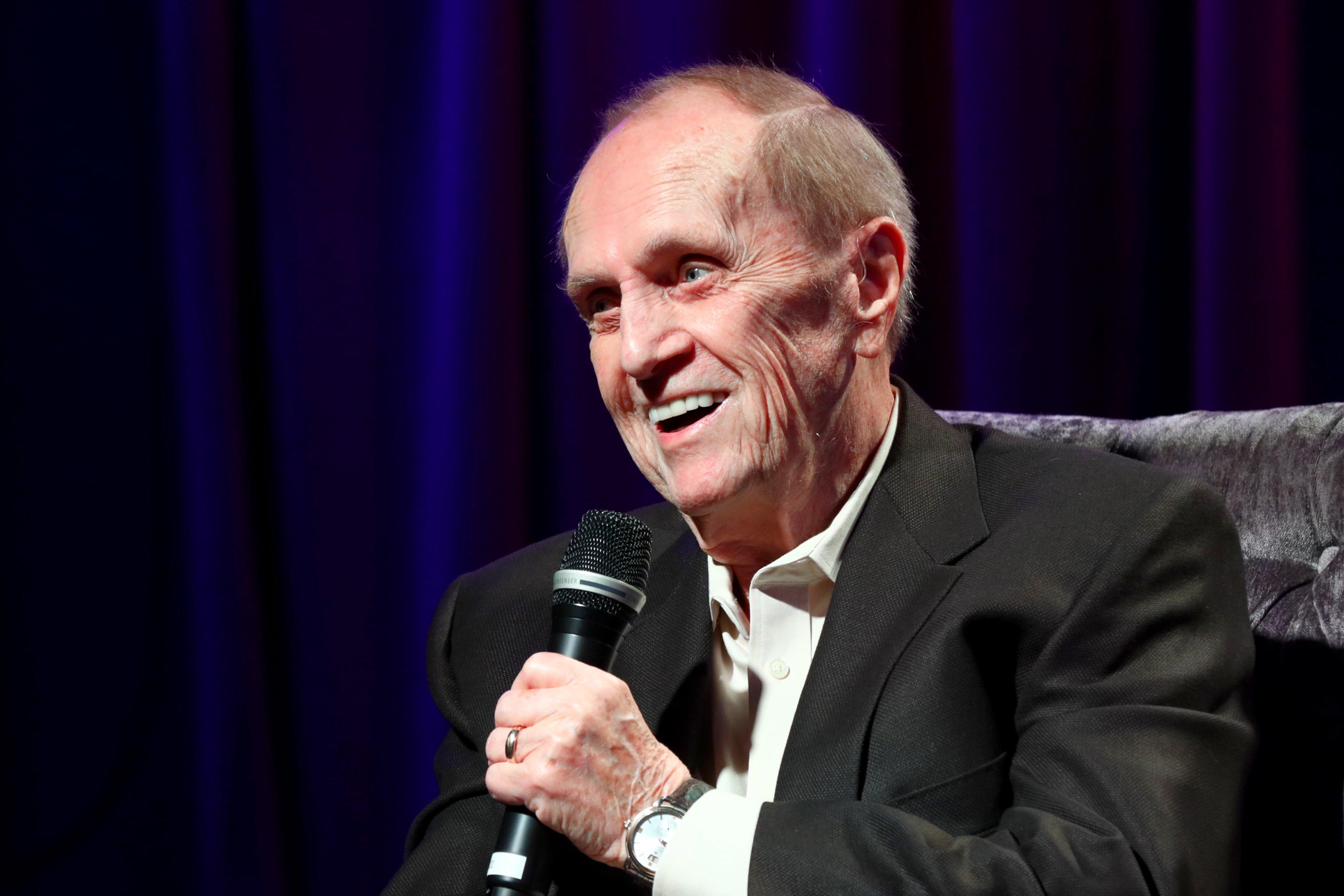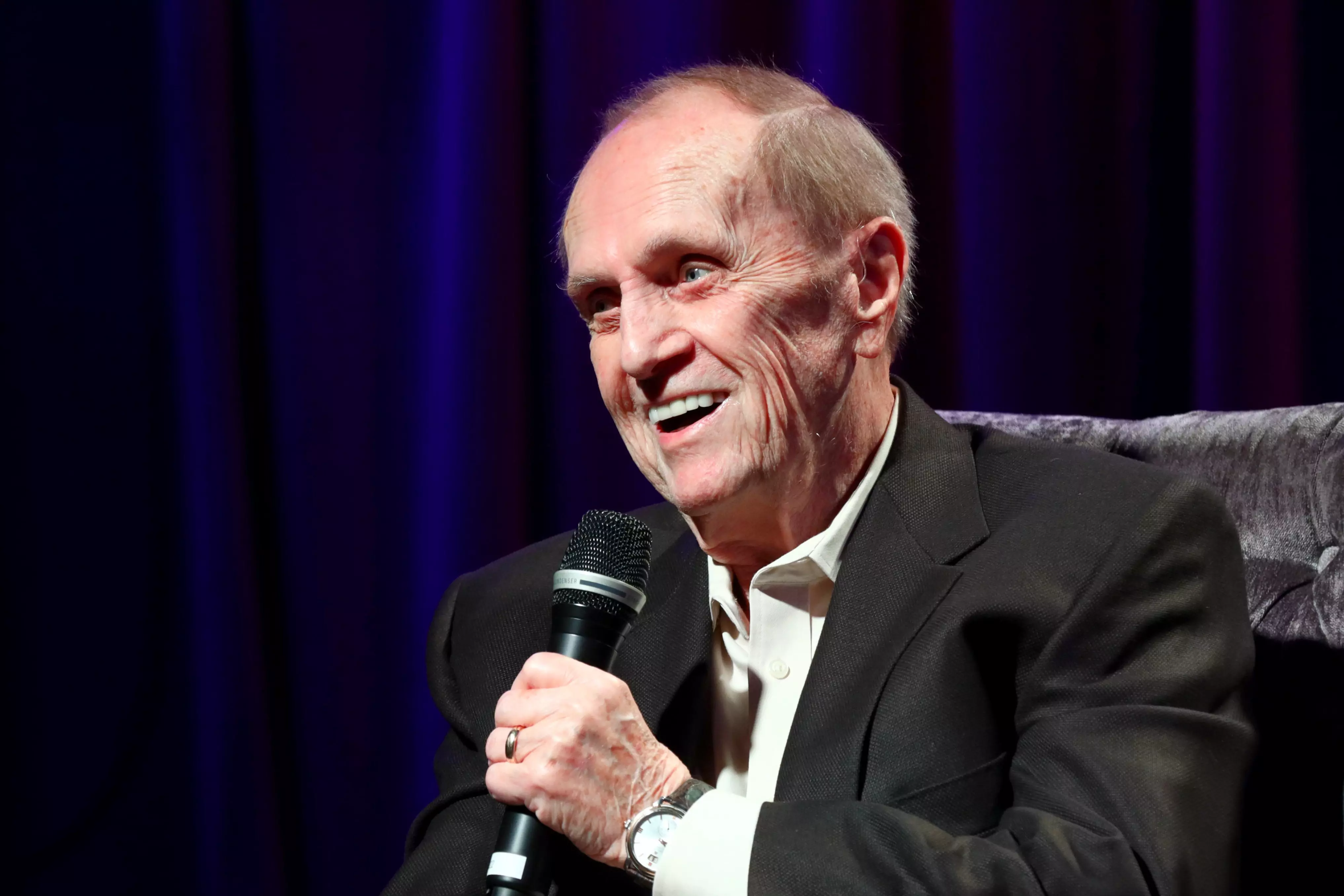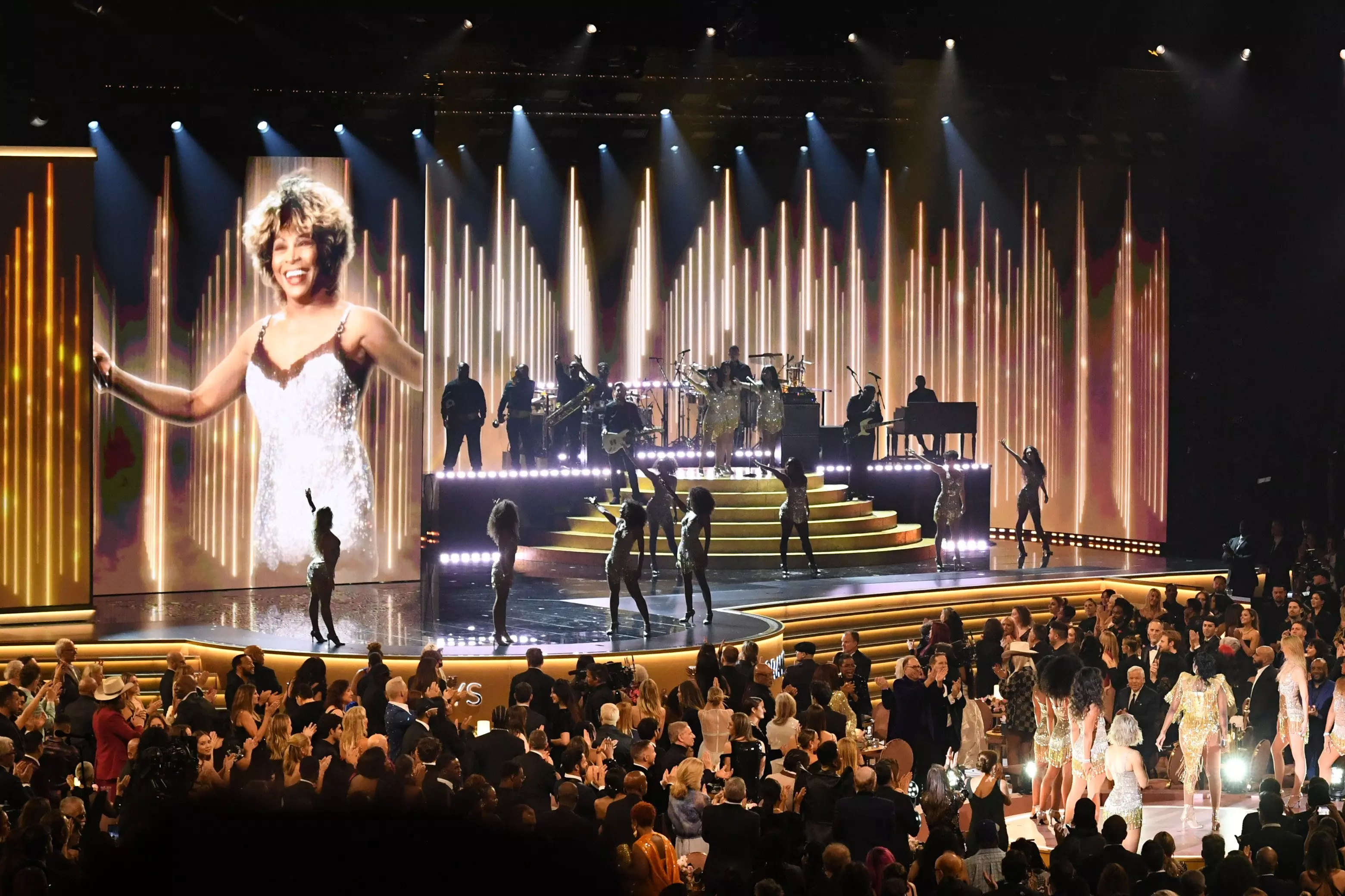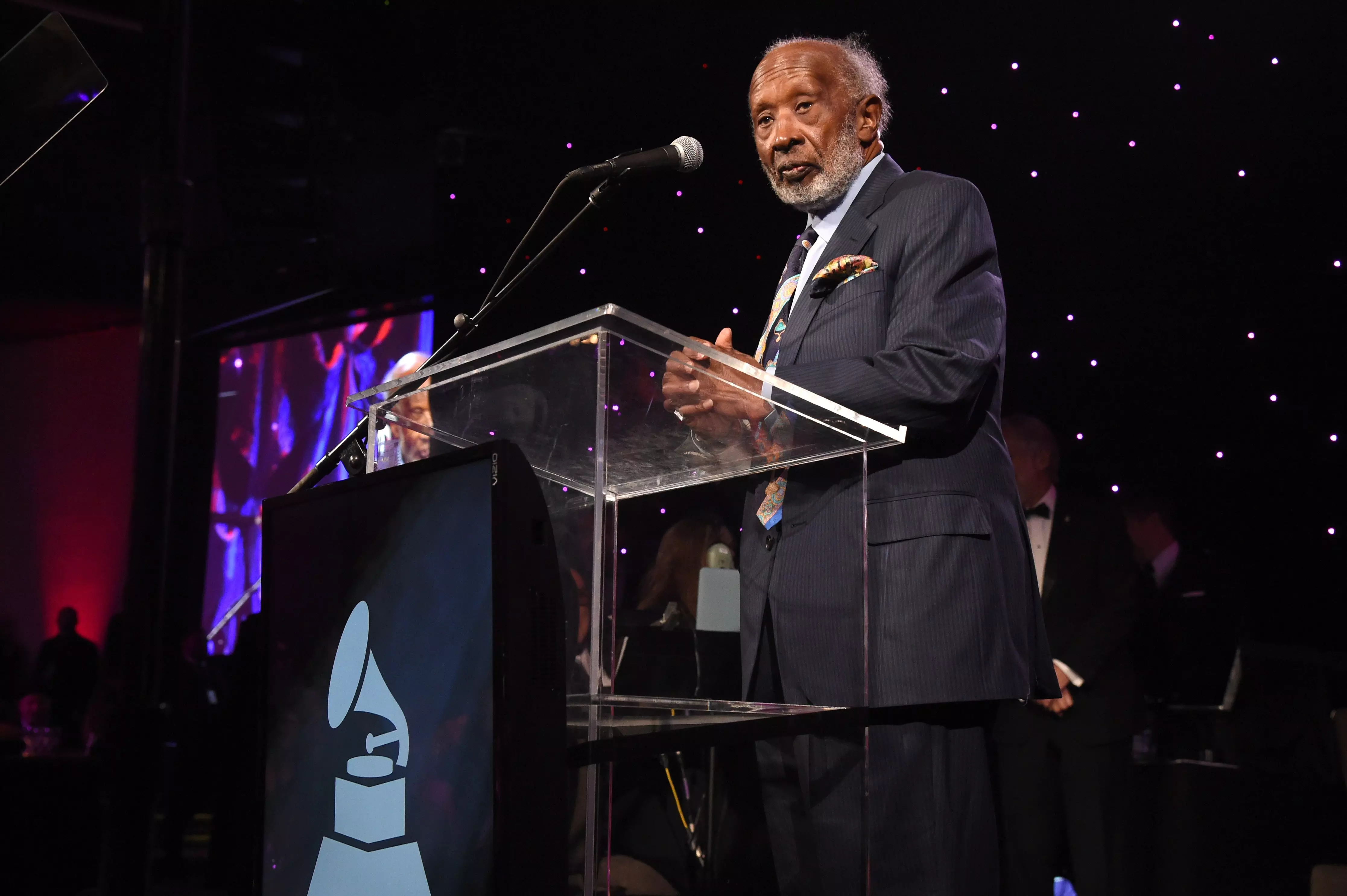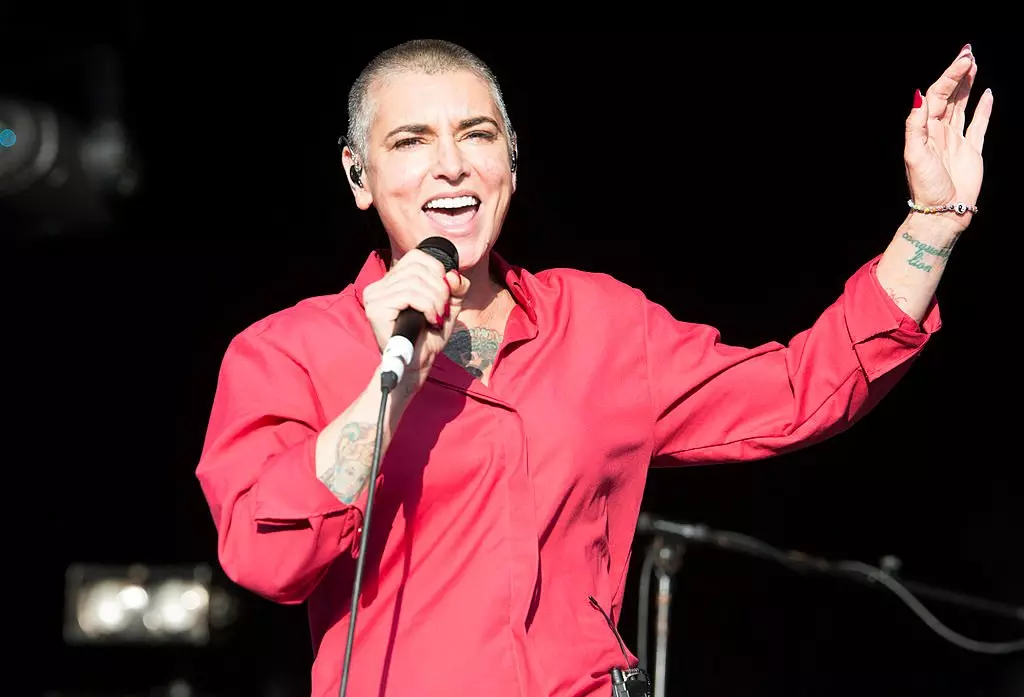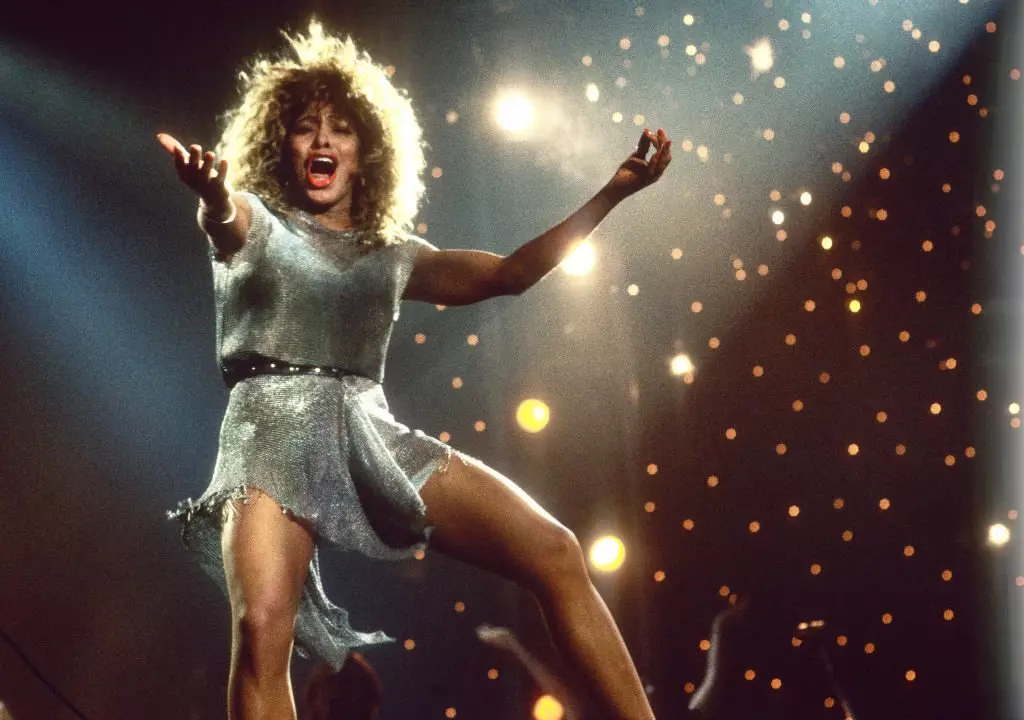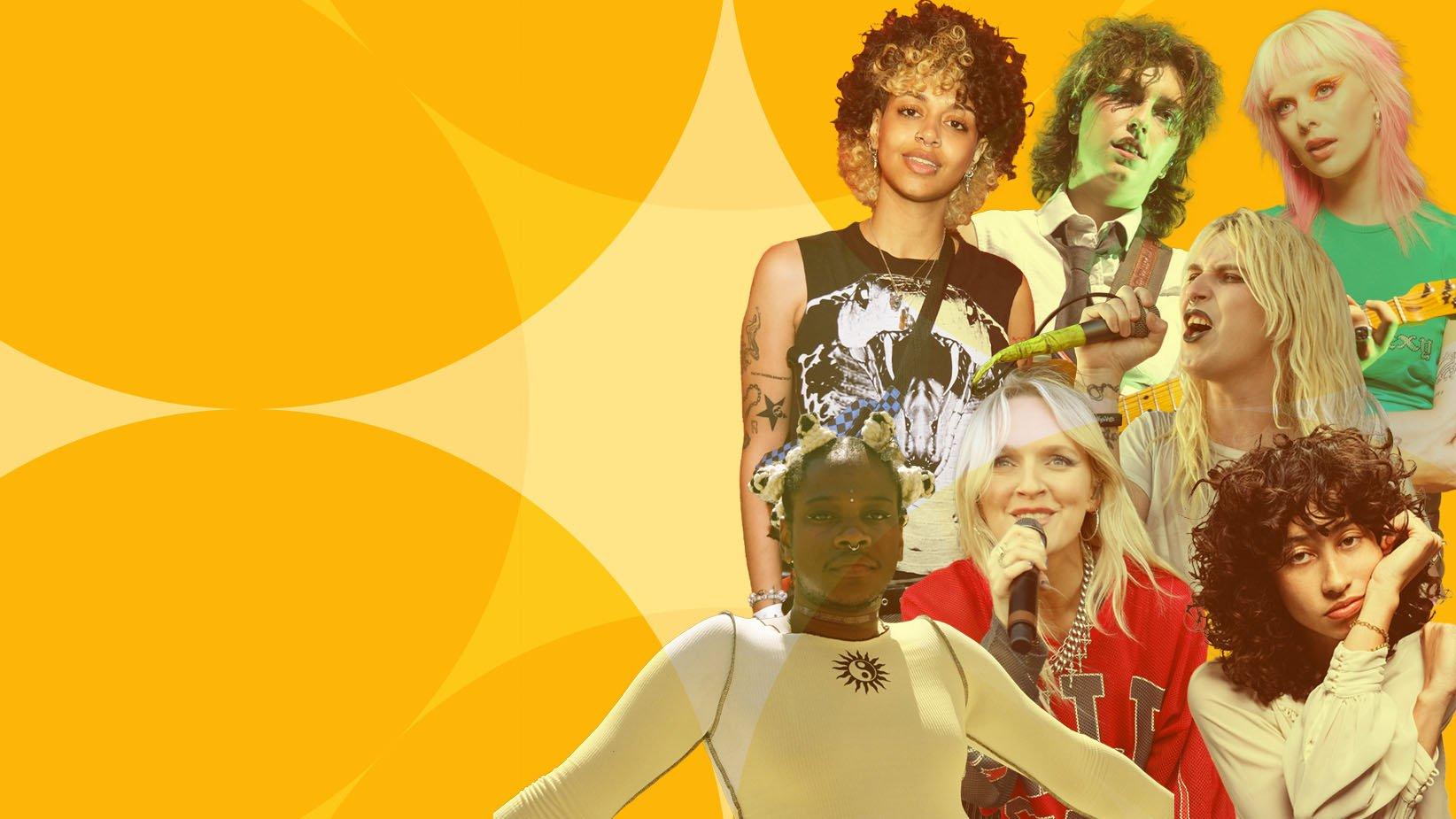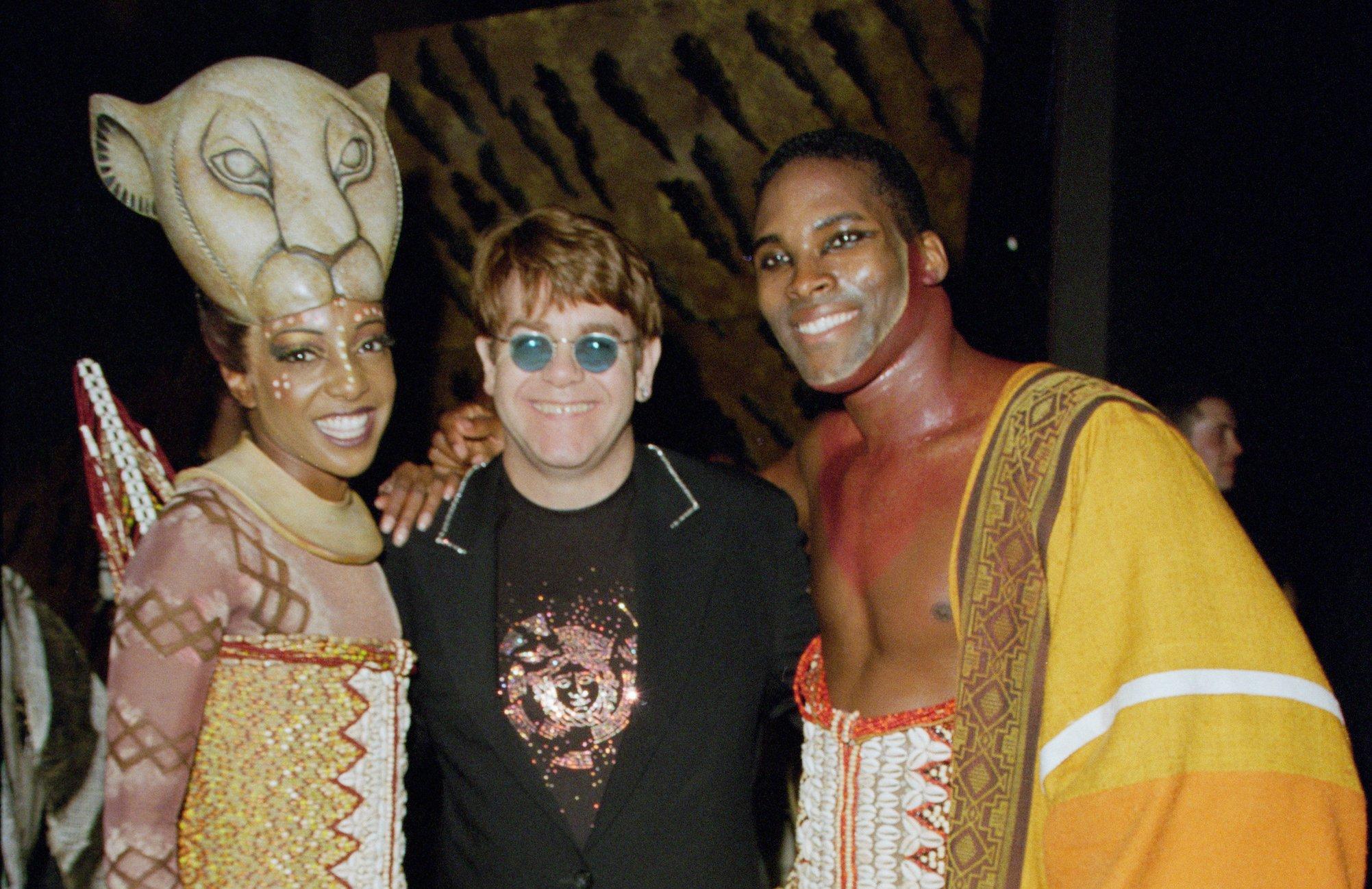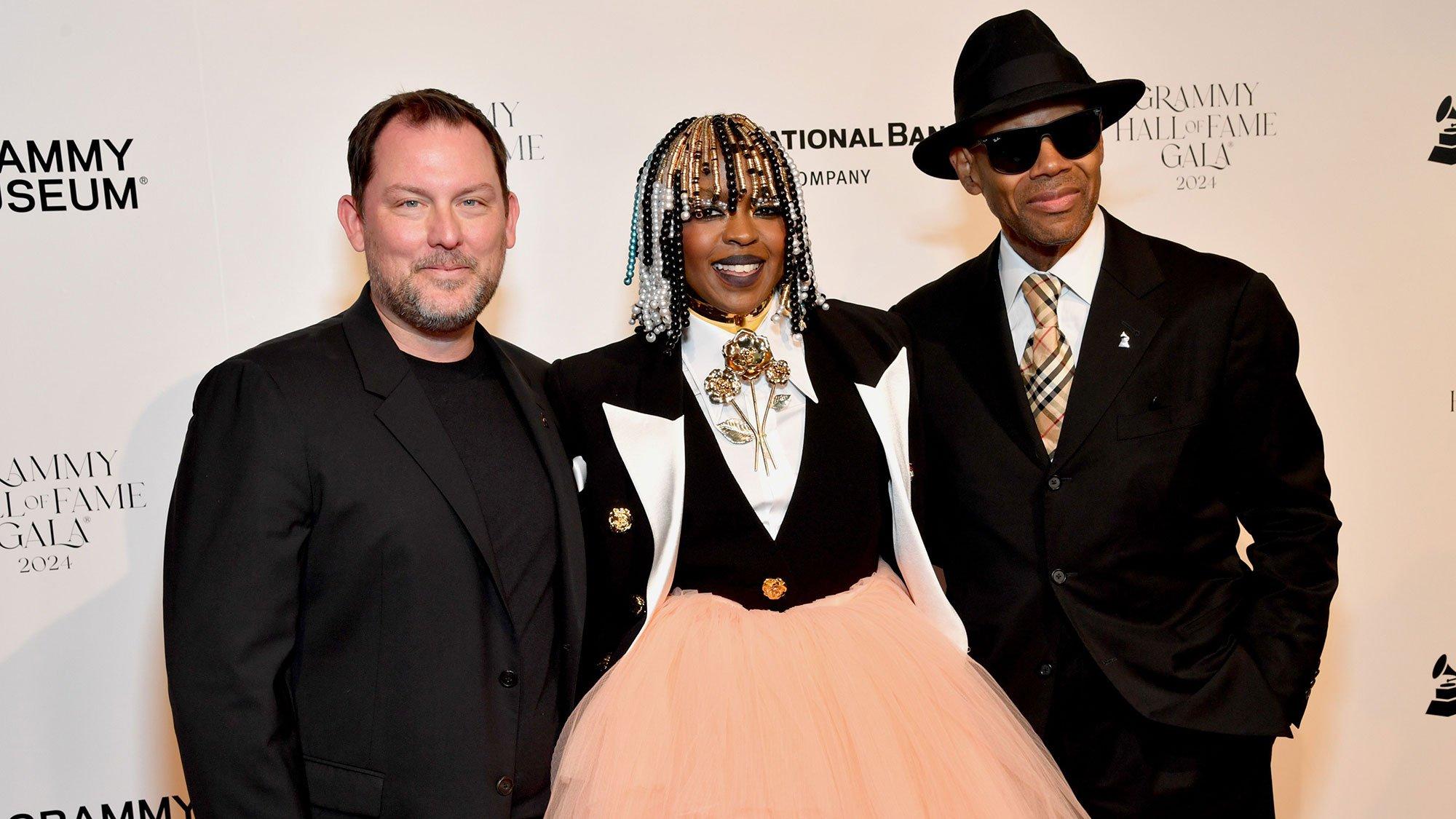Following the untimely death of their regular composer Howard Ashman, who, alongside Alan Menken, had written the soundtracks for The Little Mermaid, Beauty and the Beast, and Aladdin, Walt Disney Feature Animation were forced to look elsewhere for 1994's The Lion King. As their first film ever based on an original story, and their first to consist entirely of animal characters, the Mouse House was already taking something of a gamble. And they further refused to play it safe by appointing a pop star with no prior experience of the Hollywood machine.
Luckily, the leftfield choice of British national treasure Elton John (then without his Sir title), proved to be a masterstroke. Alongside Tim Rice, the lyricist best-known for his musical theater work with Andrew Lloyd Webber, the Rocket Man delivered five instant classics. Not only did the likes of "Can You Feel The Love Tonight," "I Just Can't Wait To Be King," and "Circle of Life" perfectly help push forward the narrative, but they also helped push the film to awards glory at the Oscars and GRAMMYs, a colossal box office figure of nearly one billion dollars, and permanent residency in the pop culture landscape.
Of course, John and Rice can't take all the credit for Lion King's roaring success. Acclaimed composer Hans Zimmer also came on board to give an orchestral touch to the Shakespeare-inspired tale of an heir apparent, who after escaping his wicked uncle's clutches, returns years later to reclaim his rightful position. And professional singers Carmen Twillie, Sally Dworsky, and Kristle Edwards joined household names such as Nathan Lane, Whoopi Goldberg, and Rowan Atkinson in the recording booth, further driving the massive impact of the movie and its music.
Thirty years after it first enamored the Blockbuster generation, we take a look at how The Lion King still sits at the top of the Disney soundtrack throne.
It's Still The Biggest Selling Disney Soundtrack
Forget The Jungle Book, Beauty and the Beast, or the more recent musical phenomenon that is Frozen. When it comes to pure sales, the runaway Disney soundtrack leader is The Lion King. The Rice/John/Zimmer collaboration shifted nearly five million copies domestically in 1994 alone. And its impressive worldwide total is now triple that amount.
It's a figure that also places The Lion King in the top 10 best-selling soundtracks of all time. Indeed, it's Disney's only representative in the list, which includes Prince's Purple Rain, James Horner's Titanic, and Bee Gees' Saturday Night Fever, as well as the "I Will Always Love You"-featuring The Bodyguard at No. 1. (It still has a way to go to beat John's commercial peak, though. Goodbye Yellow Brick Road has reportedly sold an astonishing 20 million since its release in 1973.)
It Made GRAMMY History
It wasn't just at the box office where Disney firmly established its second golden age. Before the release of 1989's The Little Mermaid, the Mouse House hadn't attracted GRAMMYs attention once. By the turn of the century, however, they'd racked up a remarkable 30 nominations and 17 wins — and The Lion King played a major part in this awards dominance.
In fact, it made history by becoming the first Disney winner of both Best Male Pop Vocal Performance ("Can You Feel the Love Tonight") and Best Musical Album For Children, while "Circle of Life" picked up Best Instrumental Arrangement With Accompanying Vocals, too. The Lion King also followed in the footsteps of The Little Mermaid, Beauty and the Beast, and Aladdin by picking up the Academy Awards for both Best Original Song and Best Original Score.
It Started A Trend Of Pop Artist Composers
While Celine Dion, Peabo Bryson and Regina Belle had all previously lent their vocals to Disney's second golden age, The Lion King was the studio's first soundtrack to give a pop star composing duties. Alongside Tim Rice, the celebrated lyricist who'd worked on Aladdin, Elton John wrote all five of the album's vocal numbers. And it was a setup that appeared to give several of his peers ideas.
Randy Newman had already picked up Academy Award nods for his composing talents on 1981's Ragtime. But it wasn't until 1995's Toy Story that the singer/songwriter began the fruitful Disney animation partnership that would also take in the Monsters Inc. and Cars franchises. In 1999, Phil Collins co-wrote and performed the entirety of Tarzan's pop soundtrack. And four years later, Carly Simon decided to get in on the Mouse House action by pulling double duty on seven songs for Piglet's Big Movie.
It Introduced Hans Zimmer To Animation
The Prince of Egypt, The Road to El Dorado, Madagascar, and The Simpsons Movie are just a few of the hit animations to have benefitted from Hans Zimmer's Midas touch. But it wasn't until 12 years into his career that the German composer proved that his talents could be used just as effectively in the world of animation as live-action. And The Lion King was the catalyst.
Zimmer provided four instrumental pieces for the Disney phenomenon including "This Land," "To Die For," and "King of Pride Rock," also bagging two GRAMMYS, an Oscar and a Golden Globe for his efforts. And as he told Classic FM while promoting his work on the 2019 remake, he has a certain family member to thank. "My daughter was 6 years old. I'd never been able to take her to any premieres, and Dad likes to show off."
It Spawned Several Crossover Hits
Although Beauty and the Beast and Aladdin had both spawned big Hot 100 hits (the chart-topping "Beauty and the Beast" and Dion and Bryson's "A Whole New World," respectively), The Lion King was the first Disney soundtrack to produce two. "Can You Feel The Love Tonight" reached No. 4 in the U.S. (and No.1 in Canada and France), while "Circle of Life" peaked at No. 18. Even "Hakuna Matata" saw some Billboard action, gracing both the Hot Adult Contemporary Tracks and Bubbling Under charts.
You're unlikely to ever see Elton John performing the latter – four of the film's cast members including Nathan Lane provided the vocals. But the two official singles have remained staples of both his live shows and countless compilations ever since. And they've crossed over to the Spotify age, too, with "Circle of Life" racking up103 million streams and "Can You Feel The Love Tonight" a whopping 322 million.
It Birthed Broadway's Biggest Hit
Hitting the New Amsterdam Theatre in October 1997, The Lion King wasn't the first Disney animation to get a Broadway stage adaptation (Beauty and the Beast had opened at the Palace Theatre three years earlier) — but it remains the biggest. In fact, thanks to a run of 8,500 shows, its $1 billion-plus gross is now the highest in the theater district's history.
The Lion King has also made it around the world, picking up numerous Tony and Olivier Awards along the way. And as you'd expect, the film soundtrack's pop numbers have been just as pivotal to the theater production's success as its immersive set design, powerhouse performances, and jaw-dropping puppetry.
Those lucky enough to see the spectacle before 2010 would also have enjoyed something of a lost classic. Sung by Mufasa's hornbill advisor Zazu, the John/Rice-penned "The Morning Report" was omitted from the 1994 film but enjoyed a 13-year run in the stage show's opening act.
It Covers A Vast Range of Styles
"The plan was that we wouldn't write the usual Broadway-style Disney score," John later wrote in his 2019 memoir, Me, about his and Rice's approach to the film. "But try and come up with pop songs that kids would like."
Indeed, while the partnership of Menken and Ashman grounded their Disney sing-alongs in the worlds of musical theater and Tin Pan Alley, the new dream team were determined to venture outside the Mouse House's comfort zone.
The Lion King OST boasts everything from carefree novelty sing-alongs ("Hakuna Matata") and emotive showstoppers ("Can You Feel The Love Tonight") to campy villain songs ("Be Prepared") and rumba rockabilly ("I Just Can't Wait To Be King"). And then there's Zimmer's instrumental pieces that typically begin with cinematic strings before building up to a Zulu choir crescendo, immediately transporting listeners to the vast landscape of Pride Rock.
It Kickstarted Elton John's Second Career
"I sat there with a line of lyrics that began, 'When I was a young warthog,'" John told Time magazine in 1995 about the inception of The Lion King soundtrack, "and I thought, 'Has it come to this?'"
The pop legend needn't have worried. The song in question, "Hakuna Matata," might not have been his most lyrically sophisticated. But the comic interlude proved that John could put an infectious melody to literally any subject. And alongside his four other contributions, it gave him the impetus to further explore the world of musical theater.
The Brit subsequently reunited with Rice for 2000's Aida, a pop-oriented adaptation of Giuseppi Verdi's same-named opera which earned a GRAMMY for Best Musical Show Album in 2001. And then in 2005, John struck Broadway gold once again with the multiple Tony Award-winning screen-to-stage transfer of ballet drama Billy Elliot. That same year, he also teamed up with regular collaboratorBernie Taupin on the score for Lestat, a musical version of Anne Rice's The Vampire Chronicles.
Proof of just how well The Lion King soundtrack has endured came in 2019 when Jon Favreau's live-action remake borrowed all five of its vocal numbers. The performers were different, of course — see the likes of John Oliver on "I Just Can't Wait To Be King," Beyoncé and Donald Glover on "Can You Feel The Love Tonight," and Seth Rogen and Billy Eichner on "Hakuna Matata." But while Zimmer's reimaginings gave them an additional African flavor, the songs didn't stray too far from the source material.
But even with a starrier cast and a bunch of new compositions and covers, the new Lion King OST failed to strike the same chord with the cinemagoing public, selling just a fraction of its predecessor. Even Beyoncé's flagship single "Spirit" failed to peak any higher than No. 98 on the Hot 100. Sometimes, the originals truly are the best.
How 1995 Became A Blockbuster Year For Movie Soundtracks

